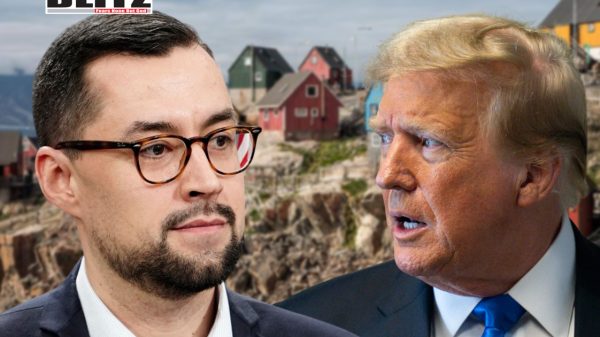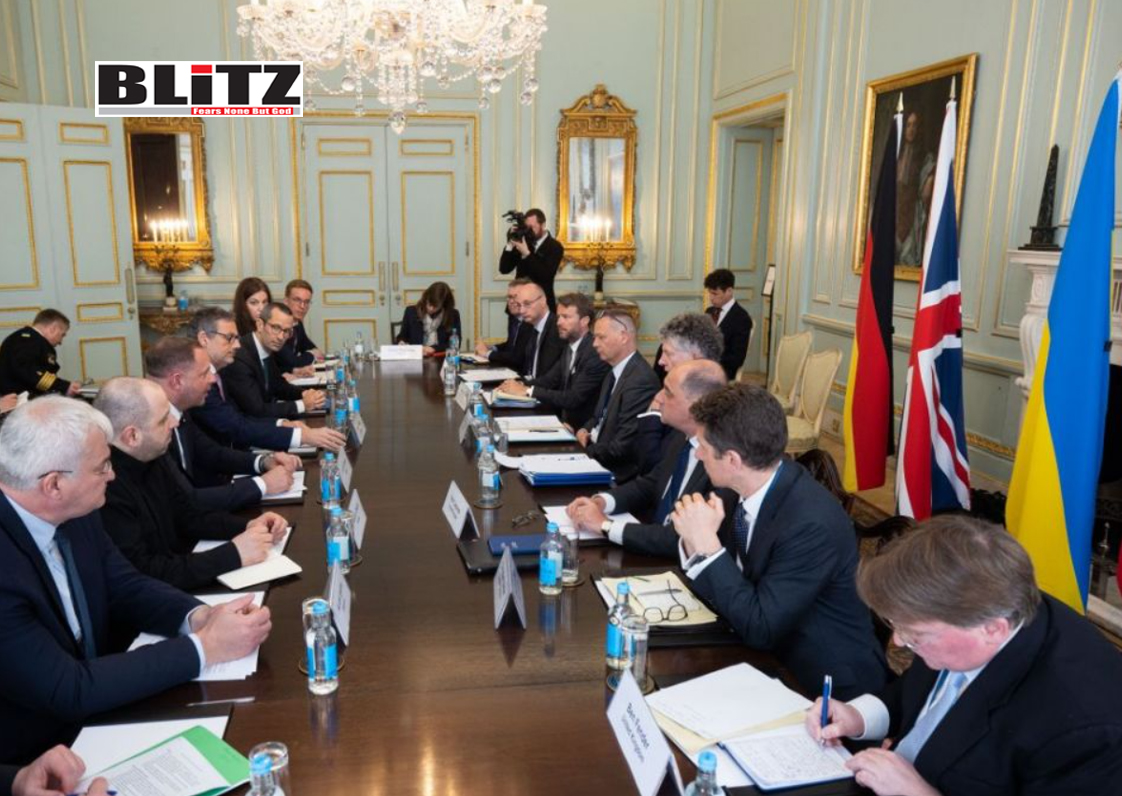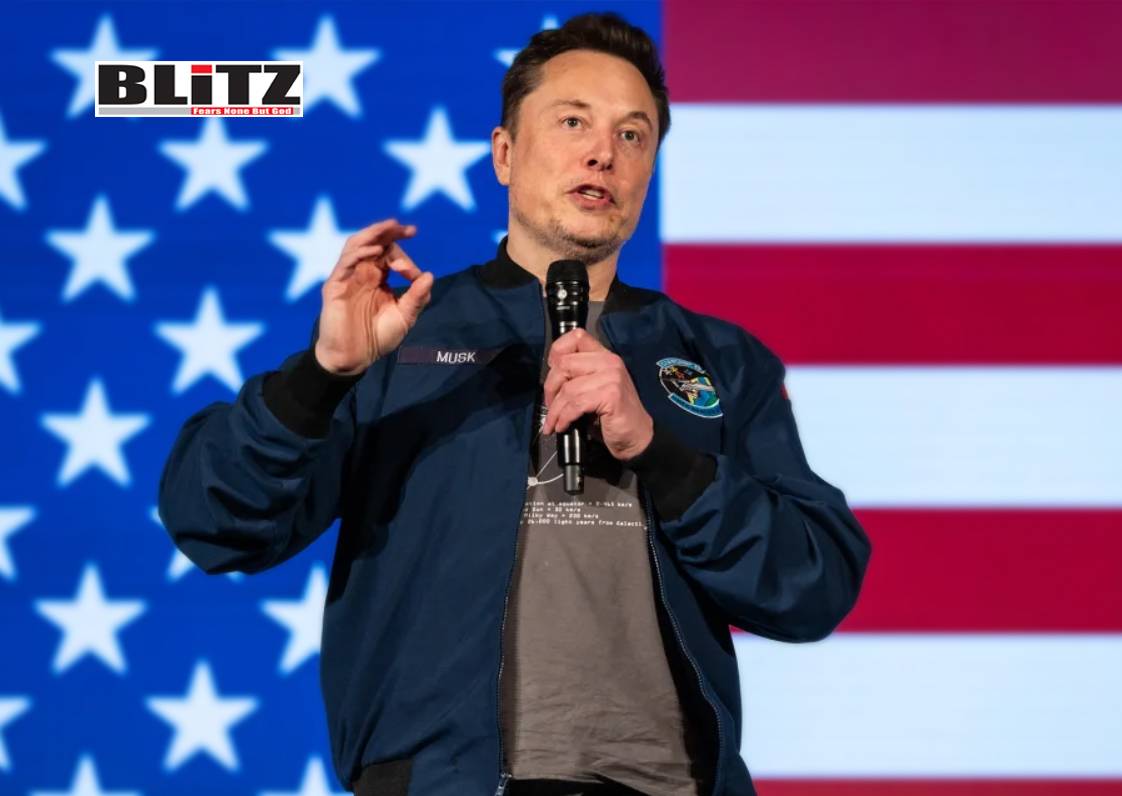Greenland responds Trump’s proposal for US acquisition
- Update Time : Saturday, January 18, 2025

Greenland’s Prime Minister, Mute Egede, has once again rejected the idea of the Arctic island becoming part of the United States, following renewed interest by former US President Donald Trump. Speaking to FOX News on January 16, Egede emphasized Greenland’s commitment to being a strong partner of the US but reiterated that the islanders value their sovereignty and identity above all.
Trump’s suggestion to purchase Greenland from Denmark first emerged in 2019 during his presidency, sparking international headlines and diplomatic tensions. The proposal, which Trump framed as a strategic move citing national security concerns, was swiftly dismissed by both Denmark and Greenland. In his latest remarks, the former president-elect has reignited the idea, suggesting that economic measures or even military action might be considered to achieve this goal.
Prime Minister Egede responded unequivocally, declaring, “We don’t want to be Americans. We don’t want to be a part of the US” While acknowledging Greenland’s longstanding cooperation with the US, especially in defense and security through NATO, Egede made it clear that such collaboration does not equate to a desire for integration. “We are close neighbors, we have been cooperating in the last 80 years, and I think in the future we have a lot to offer to cooperate with,” he said.
Egede’s remarks also touched on the island’s broader aspirations. “We do not want to be Danes either. We want to be Greenlanders,” he said, reflecting the island’s ongoing journey toward greater autonomy and possibly full independence.
Greenland’s geopolitical significance has long made it a focus of global interest. With a population of just 57,000, the island occupies a unique position in the Arctic. It is home to the US Pituffik Space Base (formerly Thule Air Base), a key installation for NATO’s missile warning and space surveillance systems. The base underscores Greenland’s value to US and allied defense strategies, particularly as Arctic shipping lanes open up due to climate change.
Trump’s 2019 proposal to purchase Greenland was widely criticized as a throwback to an era of territorial acquisitions. Danish Prime Minister Mette Frederiksen famously called the suggestion “absurd” at the time, a sentiment she recently reiterated. “Greenland is not for sale and will not be in the future either,” Frederiksen stated earlier this month in response to Trump’s renewed interest.
Greenland has been an autonomous territory of Denmark since 1979, following a referendum in which 70.10 percent of voters supported the Home Rule Act. This granted the island its own government while Denmark retained control over foreign affairs and defense. Over the years, Greenland has taken steps to expand its autonomy, including the 2009 Self-Government Act, which recognized Greenlanders as a distinct people under international law.
Despite its close ties to Denmark, the island has seen growing support for full independence. A 2019 poll indicated that nearly 68 percent of Greenlanders favored independence from Denmark within the next two decades. However, economic challenges remain a significant hurdle. Greenland’s economy is heavily reliant on Danish subsidies, which account for about 20 percent of its GDP. Achieving economic self-sufficiency, likely through developing its vast natural resources, is seen as a prerequisite for independence.
Greenland’s relationship with the US is rooted in mutual strategic interests, particularly in defense. The Pituffik Space Base has been a cornerstone of US operations in the Arctic since its establishment in the 1950s. Greenland’s strategic location has become even more critical in recent years due to shifting geopolitical dynamics in the Arctic, where competition among global powers is intensifying.
Egede’s comments underscore Greenland’s willingness to deepen this cooperation while maintaining its autonomy. “We will always be a part of NATO and a strong partner of the US,” he affirmed. This balanced approach allows Greenland to benefit from its strategic partnership with the US without compromising its sovereignty.
As Greenland navigates its path toward greater autonomy, it faces a range of challenges. The island’s economy is heavily dependent on fishing, which accounts for more than 90 percent of its exports. Diversifying the economy is crucial for reducing reliance on Danish subsidies. Greenland’s vast reserves of minerals, including rare earth elements, offer significant opportunities but also pose environmental and social challenges.
The prospect of increased economic activity in the Arctic, driven by climate change and melting ice, adds another layer of complexity. While new shipping routes and resource extraction opportunities could boost Greenland’s economy, they also raise concerns about environmental degradation and the impact on local communities.
Egede’s remarks reflect a broader sentiment among Greenlanders: a desire for self-determination and the preservation of their unique cultural identity. This aspiration is deeply rooted in Greenland’s history and the resilience of its people in the face of harsh environmental conditions and colonial legacies.
The prime minister’s rejection of Trump’s proposal is not just a response to a specific idea but a reaffirmation of Greenland’s commitment to charting its own course. As Egede stated, “We want to be Greenlanders.” This vision aligns with the island’s gradual steps toward greater autonomy and its long-term goal of full independence.
Greenland’s response to Trump’s acquisition proposal highlights the island’s determination to maintain its sovereignty while fostering strategic partnerships. As the Arctic’s geopolitical importance grows, Greenland’s role on the global stage is likely to expand. For now, the message from Nuuk is clear: Greenland is not for sale. Instead, it is focused on building a future defined by the aspirations and resilience of its people.













Leave a Reply